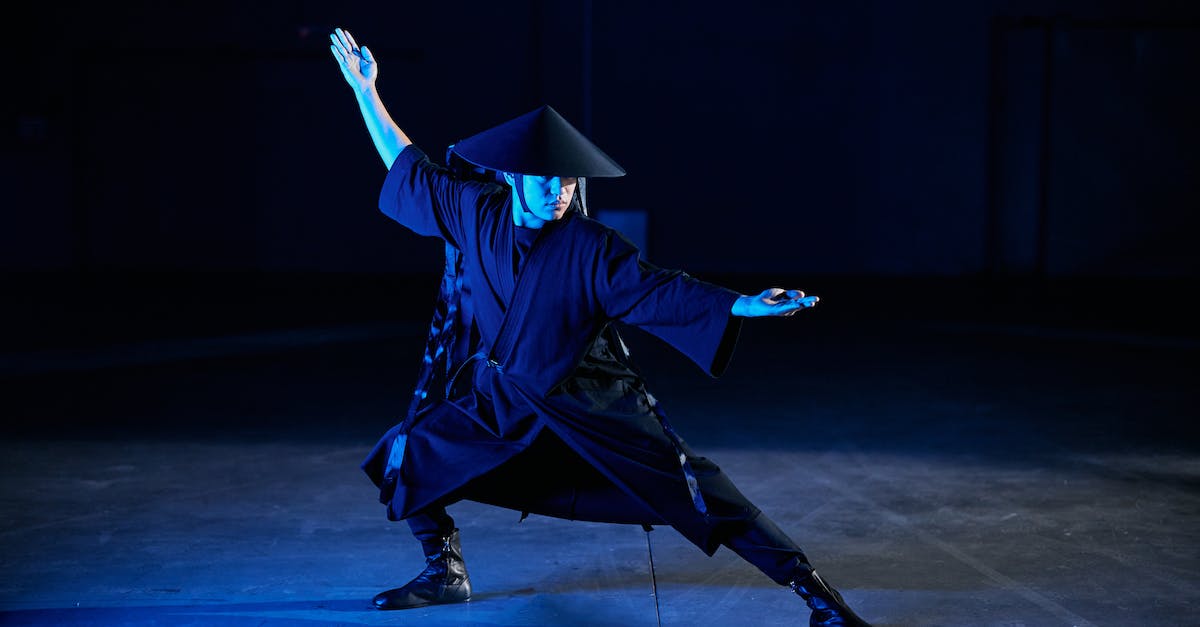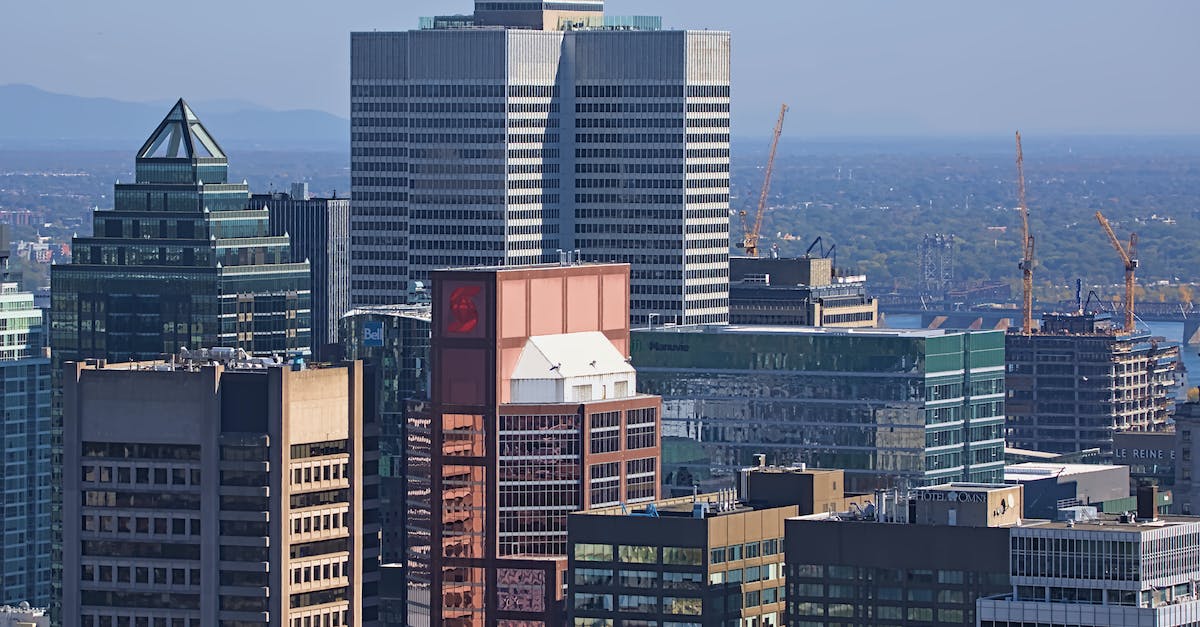Quebec is split over debated Bill 21. It would ban civil servants from wearing specific symbolisms of religion. This has sparked many criticisms from both Quebecers and other. However, it is important to note that Prime Minister Justin Trudeau has taken a move in the right direction with the appointment of Amira Elghawaby as his special representative on the Islamophobia dossier. Amira. Elghawaby is a respected human rights advocate and is a long-time vocal supporter of Bill 21 and its associated concerns. This announcement shows that the Prime Minister is serious about addressing the issues of discrimination and prejudice towards Muslims in Canada.
1. What was the reason Prime Minister Justin Trudeau appoint Amira Elghawaby as his principal representative on the Islamophobia investigation?
As a result of recent revelations about the Prime Minister Justin Trudeau’s mishandling of the anti-Islamophobia initiative The gravity of the matter is obvious: the Trudeau government is seriously in a state of disconnection from the citizens it represents. To understand the root reasons for this disconnection it is first necessary to understand the reasons Trudeau chose Amira Elghawaby as his lead representative on the Islamophobia file. Elghawaby is an eminent Muslim human rights advocate , with an extensive history of advocating for marginalized communities (including Muslim and racialized ones) as an illustration of this. In appointing Elghawaby, Trudeau determined to give a voice for these communities as well as ensure their lived experiences and perspectives were considered in the debate concerning Islamophobia and the other types of racism that are systemic.
2. How hard is it for Trudeau to be appointed as a special representative on the issue of anti-Islamophobia in Quebec?
As a result of Canada’s anti-Islamophobia crisis, Justin Trudeau appointed a Special Representative on Systemic Racism & Religious Discrimination. This indicates that the federal government has lost contact with its citizens. There are numerous questions as to what Quebecers will feel about Trudeau’s choice as a Special Representative for Systemsic Racism and Discrimination in Religion. One of the biggest challenges Trudeau must overcome is how to reconcile his attempt to combat discrimination and racism as well as the fact Quebecers are more likely to be wary of having a special representative. There is concern among some that this appointment could lead to an overreach of powers of government and increased intrusion into the private daily lives of people.
3. How does Bill 21 play into Trudeau’s appointment of Amira Elghawaby as a member of the Islamophobia file?
Recent news about Prime Minister Justin Trudeau’s response to the anti-Islamophobia concerns has revealed a government that is far removed from the people it serves. This disconnection has been evident by Trudeau’s selection of Amira Elghawaby, the minister responsible for the dossier on Islamophobia and Islamophobia, as a result of the controversy surrounding Bill 21 in Quebec. Bill 21, which is widely believed to be anti-Islamic in its nature was widely condemned from the world community as well as raised doubts about the ethical and moral standing on the part of Trudeau’s Canadian government. It has prompted a significant amount of criticism about Trudeau’s decision to appoint Elghawaby, which seems contradictory of his original stance.
Quick Summary
Justin Trudeau’s effort to stop discrimination is a risk, however it could be an effective move for Quebecers if they can see that Canada cares about their culture and defends their culture. Trudeau’s endorsement of The Bloc Quebecois aims to help Quebeckers to preserve and defend their cultural heritage and their independence from Canada. While it is uncertain whether the plan will succeed in Quebec, Trudeau has shown his willingness to ask questions about old political norms and practices to attain his goals.





